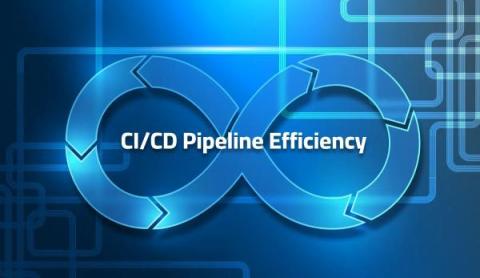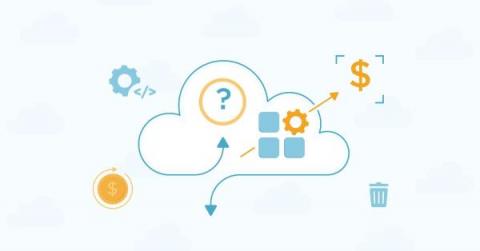Operations | Monitoring | ITSM | DevOps | Cloud
Latest News
Monitoring Multi-Cloud and Hybrid-Cloud Infrastructures: Challenges and Best Practices
The advent of multi-cloud and hybrid-cloud architectures has created new opportunities for organizations to leverage best-in-class features from various cloud service providers. However, these complex environments present their own unique challenges, especially when it comes to monitoring and managing performance.
High Cardinality for Dummies: ELI5
High Cardinality woes are far & frequent in today's modern cloud-native environment. What does it mean, & why is it such a pressing problem?
Amazon S3 Cost Optimization: 12+ Ways To Optimize Your S3 Costs
How Financial Institutions Benefit from Automated Employee Offboarding
Thanks to the economic downturn and rising interest rates, leading financial industry stalwarts such as Accenture, BlackRock, BNY Mellon, Goldman Sachs, and PayPal have already laid off hundreds or thousands of employees. And these are just the big names; banks, credit unions, insurers, and private equity firms of all sizes worldwide are carefully reviewing their headcount and trimming their workforce in order to stay competitive.
Unlocking the Power of Premium Block Blob Accounts
Are you tired of sluggish load times when uploading or downloading large files? Do you need a reliable and scalable storage solution for your business or personal use? Look no further than Premium Block Blob Accounts! In this article, we’ll explore what these accounts are and why they’re essential for anyone dealing with large amounts of data.
Digital Business Transformation Never Ends-Can Your Infrastructure Keep Up?
Digital transformation—and its intended benefits, including flexibility, scalability, agility, cost control, and more—is enabled by cloud computing. You need all these things because, now more than ever, businesses and markets are highly dynamic. Sometimes it’s an opportunity you want to capitalize on. Other times it’s a threat, such as a disruptive competitor, or a challenge, like new regulatory requirements. Some things you see coming, and others take you by surprise.
Maximizing CI/CD Pipeline Efficiency: How to Optimize your Production Pipeline Debugging?
At one particular time, a developer would spend a few months building a new feature. Then they’d go through the tedious soul-crushing effort of “integration.” That is, merging their changes into an upstream code repository, which had inevitably changed since they started their work. This task of Integration would often introduce bugs and, in some cases, might even be impossible or irrelevant, leading to months of lost work.
Sharing Workspace Data between Different Codefresh Pipelines
One of the unique advantages of Codefresh is the easy way for sharing data between pipeline steps. In other CI solutions it is your responsibility to decide what files should be shared with the next pipeline step or not and you need to manually upload/download or save/restore the exact folders that need to be shared. This is not only cumbersome to setup but also super slow in the case of big artifacts.











